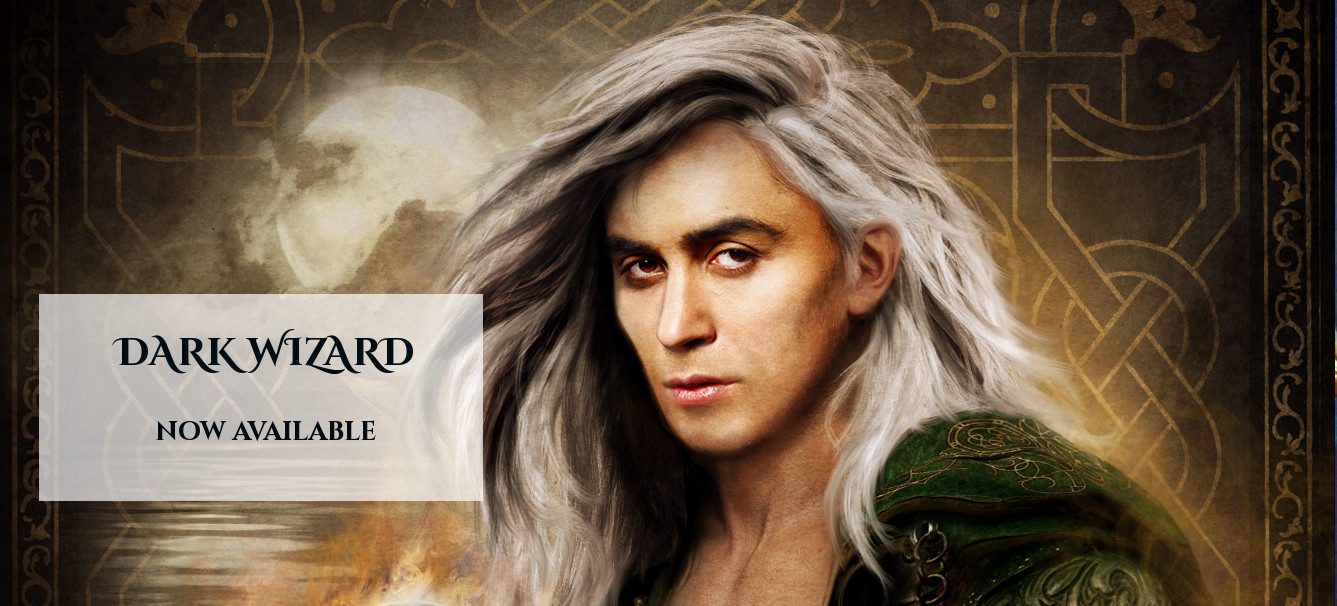
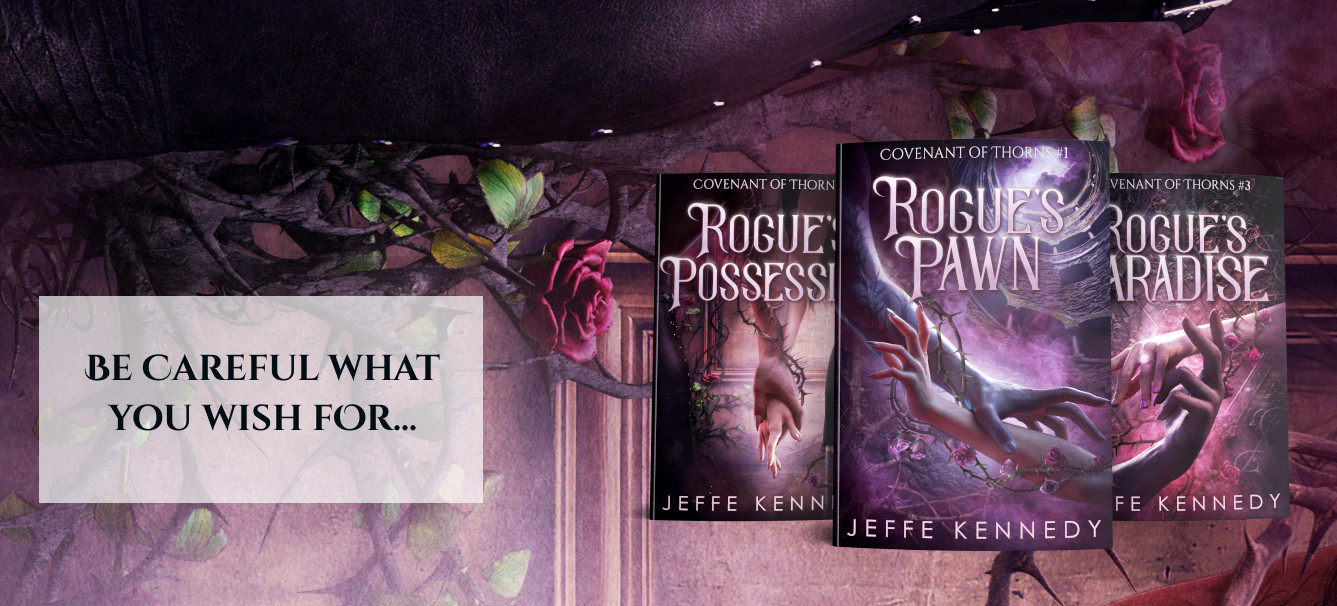
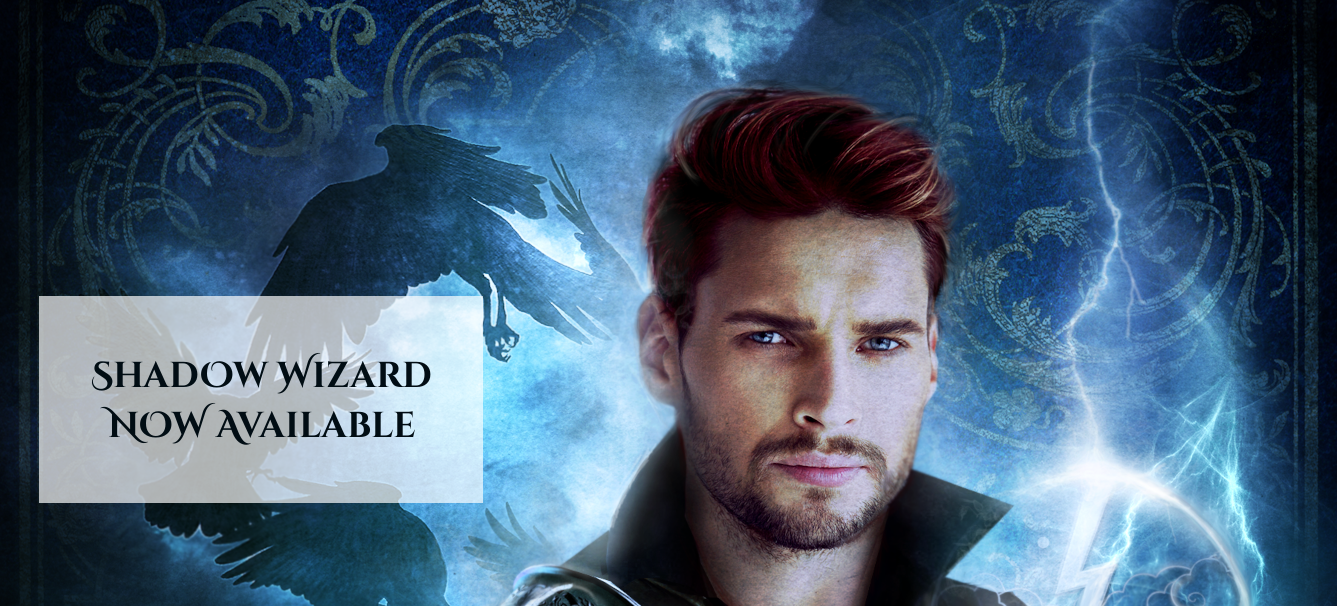
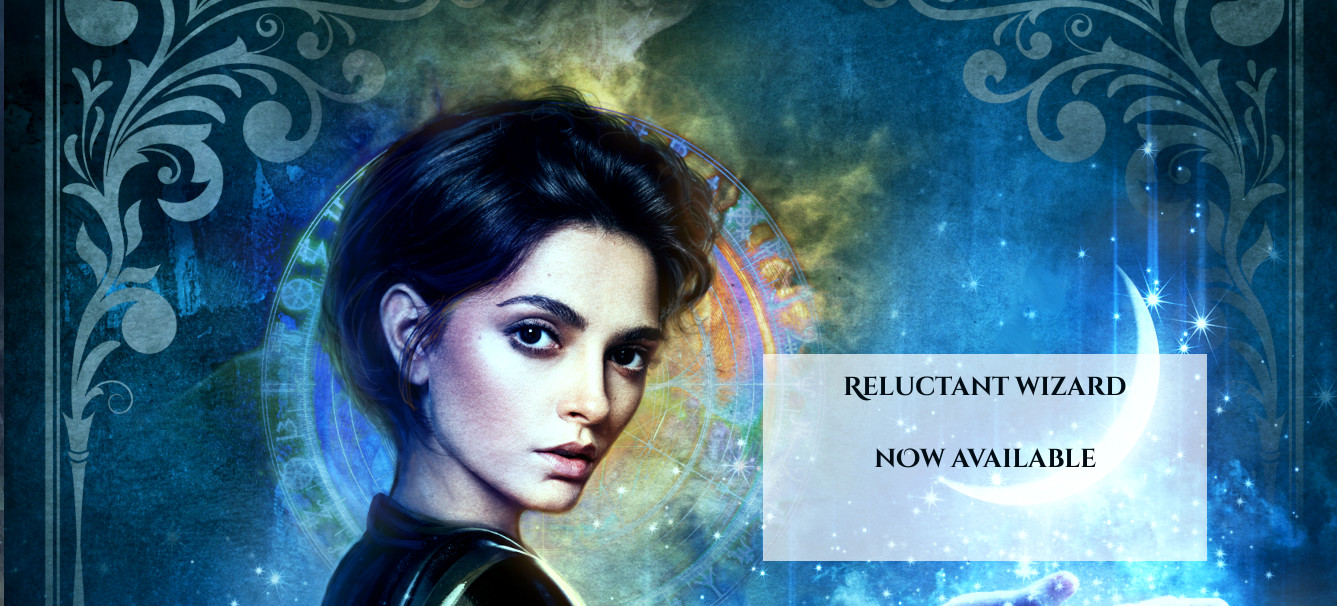
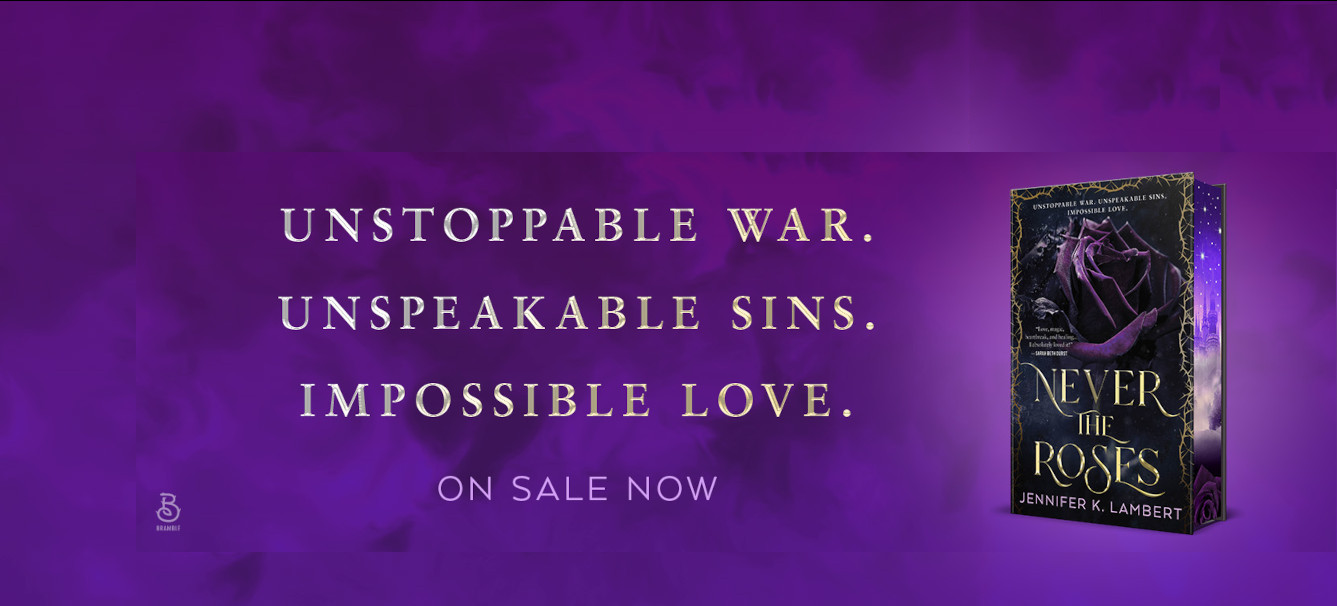
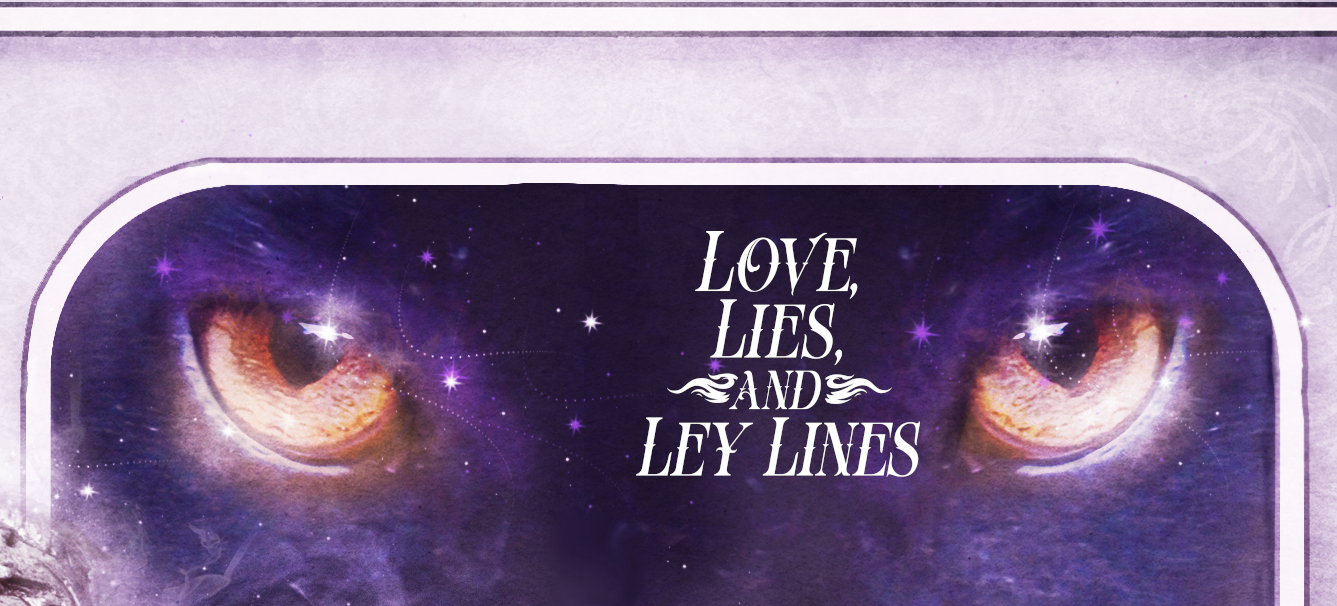
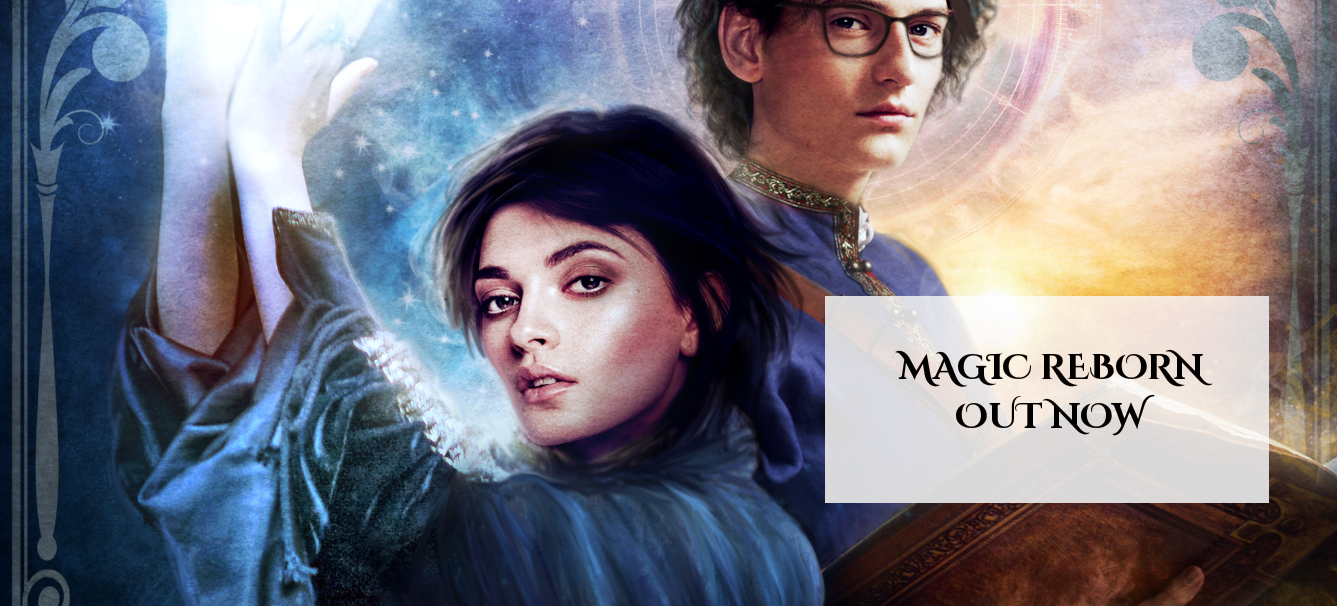
The Three Goddesses
One unexpected aspect of my Twelve Kingdoms series was the emergence of the three goddesses. I hadn’t written a mythology before this. In my other Fantasy Romance series, A Covenant of Thorns, the world is decidedly without gods and goddesses. It’s all Faerie and our modern world. Magic and power are the mystical elements and I stayed away from complicating that with the numinous.
Numinous means having a strong religious or spiritual quality; indicating or suggesting the presence of a divinity. It’s an obscure one, which I learned in the course of my Religious Studies major in college. It’s a great way of talking about the concept of spirituality and the divine in our lives without focusing on a specific religion or philosophical path. As you can guess from the fact that I majored in Religious Studies (double-majored in Biology also – more practical), I’ve long been fascinated in spiritual paths. I come from a pretty intensely Irish Catholic family, but I don’t practice and, if anything, am more of a Taoist. My honors thesis was a comparison of the concept of detachment as explored by the Catholic theologian Meister Eckhart and Lao Tzu’s Tao Te Ching.
Not that it’s apropos of anything, but it gives you a sense of where I’m coming from.
At any rate, as I wrote book 1, THE MARK OF THE TALA, the official worship of the goddess Glorianna emerged early on. I wanted a sense of that kind of “prettified” religion that’s used to keep people happy and thinking all is well. As that story progresses, we discover that everything is NOT well, and the surface is a gloss over ugliness. The existence of Glorianna’s sister goddesses, Moranu and Danu, gradually emerges, particularly as Princess Andromeda discovers herself and her affinity to Moranu, the goddess of the moon, the night and shapeshifters.
In book 2, THE TEARS OF THE ROSE, Princess Amelia faces the corruption in Glorianna’s church and, as Glorianna’s avatar, she takes on the task of fixing that. Glorianna is the goddess of love, in all its forms. It was important to me that, as happens with many religions, there’s nothing wrong with the goddess or her worship – just of the human-twisted aspects of her church.
I didn’t know much about the third goddess, Danu, until I wrote Princess Ursula’s book, THE TALON OF THE HAWK. She turned out to be the face of my Taoist thinking. Her worship is less structured in some ways, with few temples, instead offering an intense philosophical and martial system. Many of the warriors consider Danu their goddess, who I modeled somewhat on Athena. Danu is she of the shining truth, the bright blade that cuts through the lies and nonsense, sometimes painfully. She’s a ruthless goddess, with few gray areas. Just as the Chinese internal arts, like Tai Chi, are the physical expression of Taoist philosophy, so are Danu’s martial forms a way of creating physical self-discipline that informs spiritual practice and growth.
In the end, the three goddesses come together in a way I love – and one that echoes and reflects the personal journeys of my three princesses. I like that, though each sister looks primarily to one goddess, they all find aspects of each goddess to guide them.
What do you think – which goddess speaks to you the most?
*previously published on Urban Girl Reader in 2015*